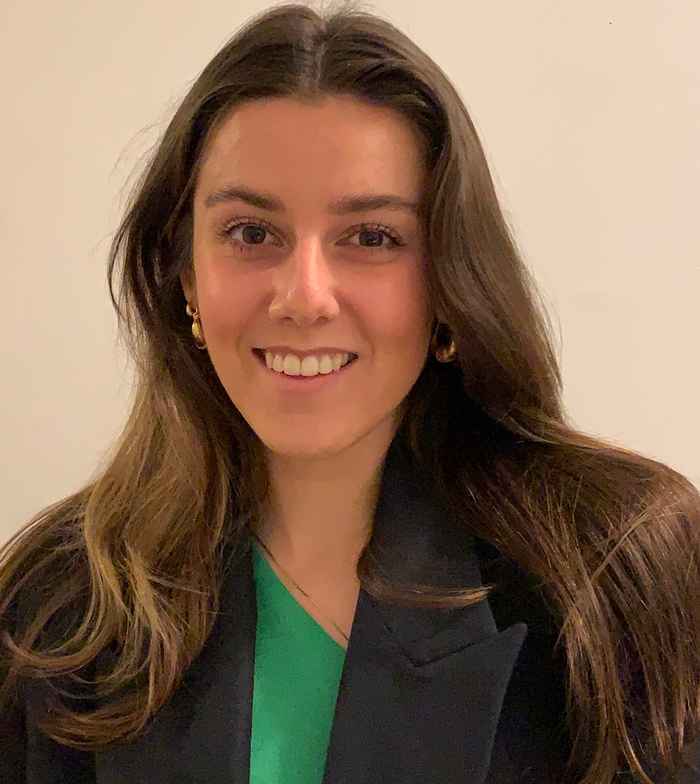'The diversity of backgrounds and interests among students and professors makes for fascinating discussions during lectures'

Why did you choose this Master’s programme at the UvA?
I chose the Master's in Identity and Integration because in a globalised world, we as people and society have more and more questions about what it means to be ‘European’. We are seeing an increasing shift towards populist and nationalist politics while we are more engaged than ever internationally. Many current issues (climate change, war, migration, energy, disease, IT) are global and can only be tackled through European and international cooperation. How can we preserve what is local and use it correctly in a global society? I am also very interested in Europe's colonial past and how this now lives on in society and (international) politics.
Do you have a lot of elective freedom within your studies?
During the Master's, there is a lot of freedom to choose your own subjects. As a result, I mainly focused on nationalism, anti-liberalism, geopolitics and diplomacy. This allowed me to understand diplomacy well from the perspective of domestic politics and ideologies and combine this with concepts from geopolitics. At the same time, it is fascinating to see how some fellow students choose completely different paths and focus much more on culture or history, for example. As a result, the diversity of backgrounds and interests among students and professors makes for fascinating discussions during lectures.
How is the atmosphere at your studies?
The atmosphere of the entire European Studies Master's is incredibly nice. As you can also choose electives from the other tracks, you get to meet lots of people. Yet your own track remains small enough that you get to know everyone well. This is fun during day trips to Brussels and the annual study trip to a European capital of culture. With our group, we went to the Hungarian city of Vezprem. Here we did several tours and also talked to the mayor. So there was nice mix of culture and (local) politics. On top of this, the teachers are clearly interested in the students, and they not only take a strong interest in educating them well but also in helping them take a step towards their first jobs
Do you also do anything outside your studies?
During my studies, I did an internship at VNG International (the international branch of the Association of Netherlands Municipalities). VNG International focuses on managing projects around the world in which local governance is central. Here, I could clearly apply my learned knowledge of local and international dynamics to development cooperation projects abroad. During my internship, for example, I helped with a project that wrote reconstruction plans with three Turkish municipalities hardest hit by the February 2023 earthquake.
What would you like to do with this study?
I would like to continue in international development cooperation. I am not sure yet whether this will be at an international institute or rather through a Dutch ministry or NGO. Through the programme, I got to know several Dutch diplomats, EU officials and local administrators. This has allowed me to network and see what kind of jobs exist in my field of study and interests. I also see how diverse the careers of my fellow students are, e.g. government trainee, civil servant at the municipality of Amsterdam, lobbyist in Brussels or cultural project manager. In any case, there are plenty of people with whom I can spar about possible job options and vacancies.
The teachers are clearly interested in the students, and they not only take a strong interest in educating them well but also in helping them take a step towards their first jobsFelice Oostelbos